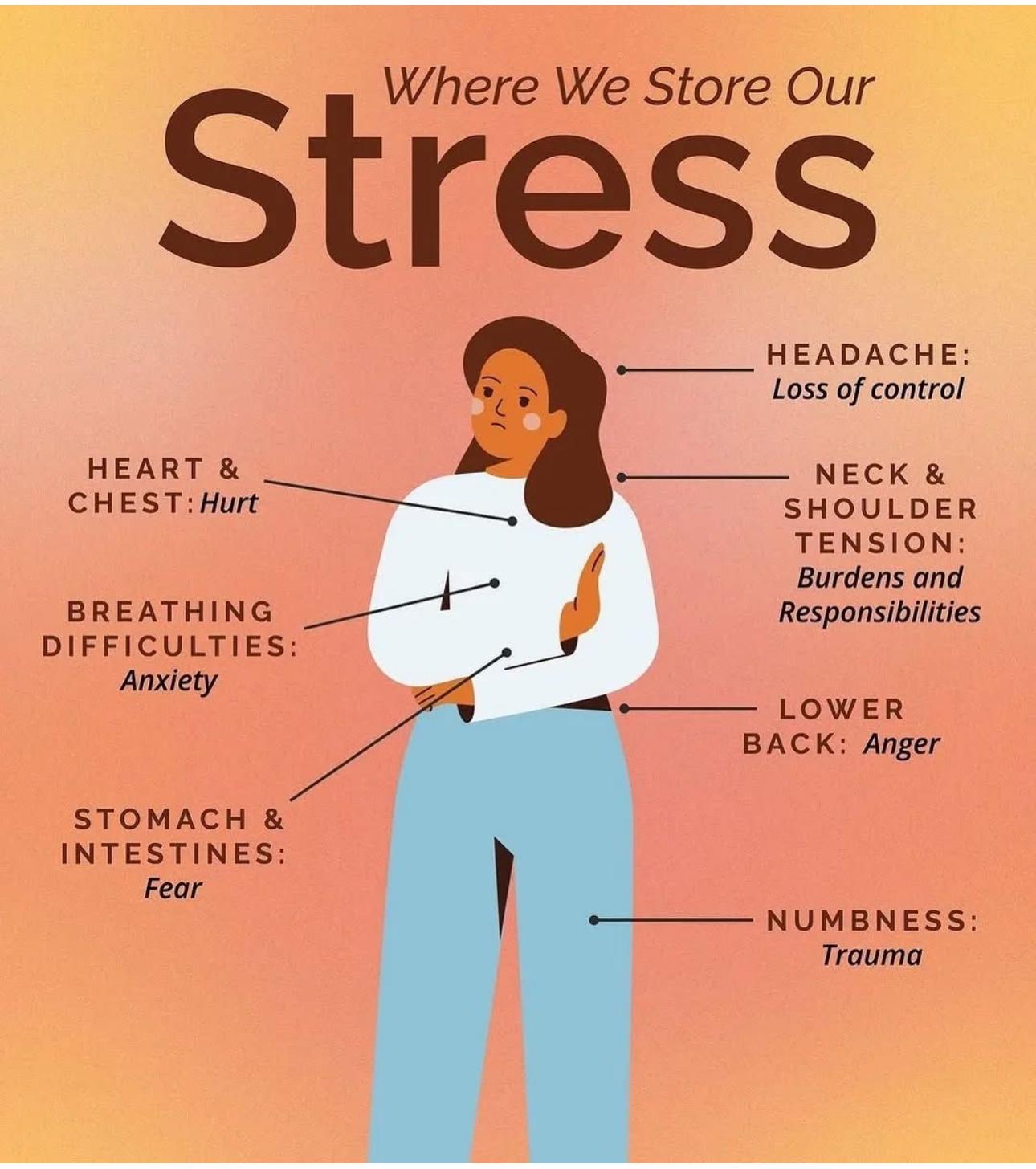 The mind-body connection is a well-documented phenomenon, but equally important is the body-mind connection—the understanding that changes in our physical state can directly impact our mental and emotional well-being. The relationship is not one-directional; rather, it is a continuous feedback loop where the mind influences the body, and the body, in turn, shapes the mind.
The mind-body connection is a well-documented phenomenon, but equally important is the body-mind connection—the understanding that changes in our physical state can directly impact our mental and emotional well-being. The relationship is not one-directional; rather, it is a continuous feedback loop where the mind influences the body, and the body, in turn, shapes the mind.
Even small physiological adjustments can lead to noticeable shifts in mental clarity, mood, and emotional stability. Something as simple as improving posture can boost confidence, while deep breathing exercises can lower stress and anxiety almost instantly. Physical movement, whether through structured exercise or natural activities like stretching or walking, has been shown to release endorphins, the body’s natural feel-good chemicals, enhancing mood and reducing stress levels.
Conversely, a positive mindset can work wonders on physical health. Studies have shown that maintaining an optimistic outlook can lower blood pressure, reduce inflammation, and even strengthen the immune system. Individuals who practice gratitude, mindfulness, or visualization techniques often experience lower stress hormones, which translates to better overall health. The mind has a profound ability to influence physical healing, as seen in the placebo effect, where belief alone can trigger real physiological improvements.
This interplay between mind and body underscores the importance of holistic well-being. By intentionally nurturing both mental and physical health, we can create a self-reinforcing cycle of vitality. Small daily habits, such as mindful breathing, regular movement, maintaining good posture, and cultivating positive thoughts, can collectively lead to a healthier, more balanced life.
In essence, the state of your body shapes your mind, just as the state of your mind shapes your body. Recognizing this dynamic relationship allows us to take proactive steps toward a more fulfilling and energized existence.
By : Jide Adesina

